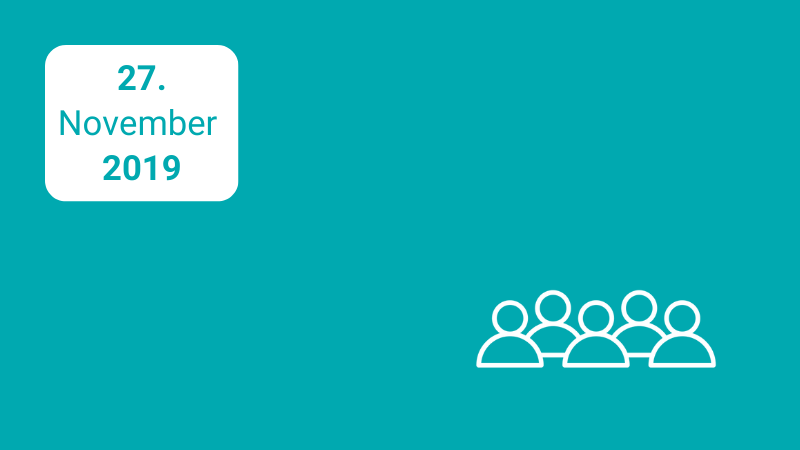Core concepts, central assumptions and longstanding methodologies in the field of International Relations (IR) are in different ways being challenged because of the advent of networked technologies. A number of established distinctions through which international politics has long been characterized and understood, can no longer be taken for granted, if we wish to make sense of the impact of digital technologies on world politics.
Phenomena such as drone warfare, helped by artificial intelligence, hacking attacks or data-retention on a global scale are all examples of this change. The demarcation of national and international, public and private security is shifting – and in important ways many of these changes are related to the impact of the new digital technologies that are being used to provide safety and security. The question of how to grasp the impact of technology on contemporary world politics constitutes one of the major current debates in IR.
A particular challenge arises when seeking to scrutinize technology while at the same time staying sensitive to its political aspects. That is why many IR scholars use theories and methodologies stemming from science and technology studies. This working group contributes to this timely debate by asking important questions about the specific challenges faced when using approaches from neighboring disciplines when studying international relations.
At the heart lies the issue of whether we need a new analytical vocabulary, new concepts and different conceptual starting points in order to explore how digitalisation affects world politics. How can theories from other disciplines be used when analyzing the dynamics of contemporary world politics?
This working group brings together distinguished, international scholars to discuss these key questions. The results of the workshops will be published as an edited volume or a special issue. This publication will not only impact wider academic debates but will also be a great tool for teaching the politics of technology to students of IR.
